Infrastructure Series: IT Modernization
Telework induced by the COVID-19 pandemic forced federal agencies to pivot their IT modernization strategies. In 2021, emerging technologies like 5G and new approaches to IT like Agile are shaking up the way agencies tackle modernization. This event will draw insight from agencies and federal IT leaders at the cutting edge of IT modernization trends.

Speakers / Panelists
-
 Michael Hoffman President GovCIO Media & Research
Michael Hoffman President GovCIO Media & Research
Some agencies are farther along in their IT modernization journey than others, but one factor remains constant: technology constantly changes, and innovative methods and technologies threaten to leave federal agencies behind and compromise mission integrity. Congressman Gerry Connolly has advice for federal agencies modernizing their IT in 2021.
Speakers / Panelists
-
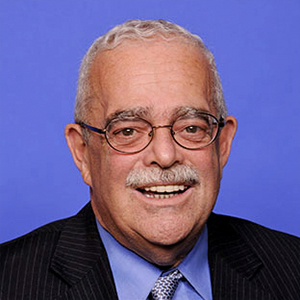 Rep. Gerry Connolly (D-Va.)
Rep. Gerry Connolly (D-Va.) -
 Moderator Amy Kluber Editorial Director GovCIO Media & Research
Moderator Amy Kluber Editorial Director GovCIO Media & Research
Federal agencies are shifting from legacy IT systems to the cloud, and there isn’t a one-size-fits-all model for what that looks like. Some agencies want an Infrastructure-as-a-Service (IaaS) cloud model, some may prefer a Platform-as-a-Service (PaaS) model, and still others may need a Software-as-a-Service (SaaS) model to meet agency-specific needs. Hear from federal IT leaders about the cloud solutions they’re adopting to ensure maximum mission efficiency while streamlining operations.
Speakers / Panelists
-
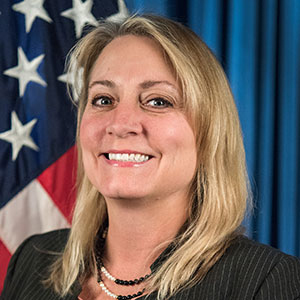 Beth Cappello Deputy CIO DHS
Beth Cappello Deputy CIO DHS -
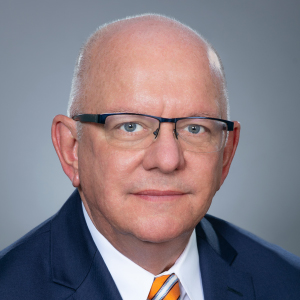 Jeff Chancellor Principal Systems Engineer Software AG Government Solutions
Jeff Chancellor Principal Systems Engineer Software AG Government Solutions -
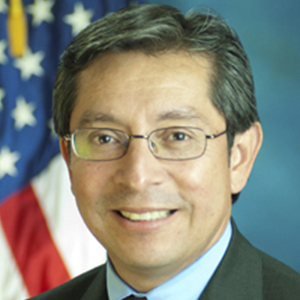 George Linares Chief Technology Officer CMS
George Linares Chief Technology Officer CMS -
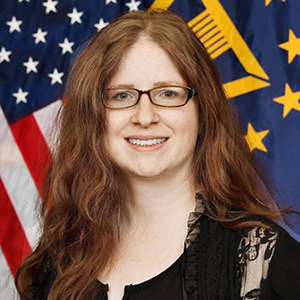 Sharon Woods Executive Director, Cloud Computing Program Office DISA
Sharon Woods Executive Director, Cloud Computing Program Office DISA -
 Moderator Andrew Underhill Vice President GovCIO
Moderator Andrew Underhill Vice President GovCIO
As the world prepares for 5G, federal agencies need to modernize their networks to support capabilities for the faster speeds. 5G will allow federal agencies to move data closer to the edge, connect more “internet of things” devices, reduce response times and fulfill their missions more effectively. Military and emergency response IT leaders will discuss how they’re preparing their networks for 5G in 2021 on this panel.
Speakers / Panelists
-
 Mahtab Emdadi Regional Sales Director, Dell Technologies
Mahtab Emdadi Regional Sales Director, Dell Technologies -
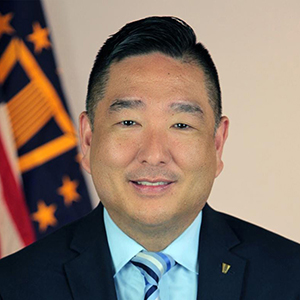 Keith Nakasone Deputy Assistant Commissioner for Acquisition, Office of IT GSA
Keith Nakasone Deputy Assistant Commissioner for Acquisition, Office of IT GSA -
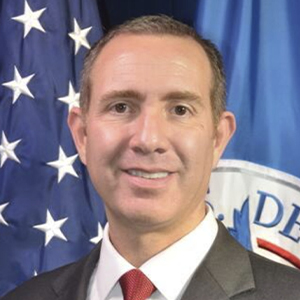 Scott Bowman Deputy CIO FEMA
Scott Bowman Deputy CIO FEMA -
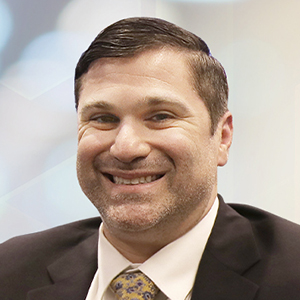 Dr. Ryan Vega Chief Officer, Healthcare Innovation and Learning VHA
Dr. Ryan Vega Chief Officer, Healthcare Innovation and Learning VHA -
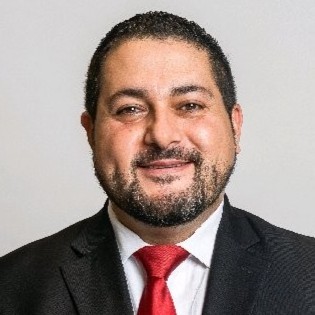 Moderator Mark Rahnama Vice President GovCIO
Moderator Mark Rahnama Vice President GovCIO
Federal IT modernization successes rely heavily on being user-friendly and streamlining the agency mission. Some federal agencies are turning to DevOps, Agile processes and human-centered design to shape their IT infrastructure. In this panel, some of the tech-savviest federal agencies will share their secrets for IT modernization.
Speakers / Panelists
-
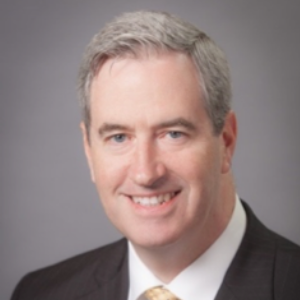 Andrew Conn COO National Government Services
Andrew Conn COO National Government Services -
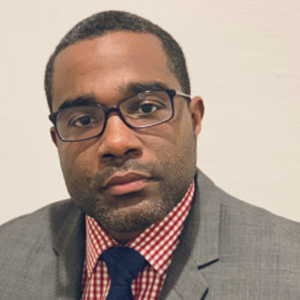 Keith Johnson Contracting Officer NITAAC
Keith Johnson Contracting Officer NITAAC -
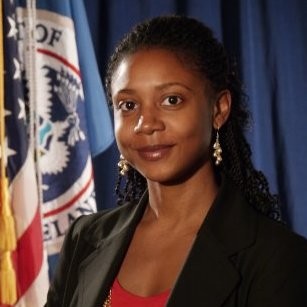 Sabrina Parker DIDit Program Manager USCIS
Sabrina Parker DIDit Program Manager USCIS -
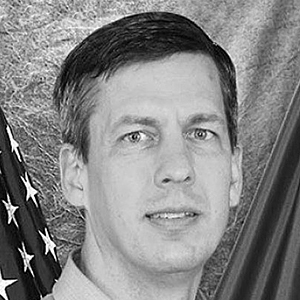 James Punteney Executive Director DHS, USDS
James Punteney Executive Director DHS, USDS -
 Moderator Erin Mirsky Senior Vice President GovCIO
Moderator Erin Mirsky Senior Vice President GovCIO
Speakers / Panelists
-
 Michael Hoffman President GovCIO Media & Research
Michael Hoffman President GovCIO Media & Research
-
 Scott Bowman Deputy CIO, FEMA
Scott Bowman Deputy CIO, FEMA -
 Beth Cappello Deputy CIO, DHS
Beth Cappello Deputy CIO, DHS -
 Jeff Chancellor Principal Systems Engineer, Software AG Government Solutions
Jeff Chancellor Principal Systems Engineer, Software AG Government Solutions -
 Andrew Conn Chief Operating Officer, National Government Services
Andrew Conn Chief Operating Officer, National Government Services -
 Rep. Gerry Connolly (D-Va.)
Rep. Gerry Connolly (D-Va.) -
 Mahtab Emdadi Federal Sales Director, Dell Technologies
Mahtab Emdadi Federal Sales Director, Dell Technologies -
 Michael Hoffman President, GovCIO Media & Research
Michael Hoffman President, GovCIO Media & Research -
 Keith Johnson Contracting Officer, NITAAC
Keith Johnson Contracting Officer, NITAAC -
 Amy Kluber Editorial Director, GovCIO Media & Research
Amy Kluber Editorial Director, GovCIO Media & Research -
 George Linares Chief Technology Officer, CMS
George Linares Chief Technology Officer, CMS -
 Erin Mirsky Senior Vice President, GovCIO
Erin Mirsky Senior Vice President, GovCIO -
 Keith Nakasone Deputy Assistant Commissioner, Acquisition, GSA
Keith Nakasone Deputy Assistant Commissioner, Acquisition, GSA -
 Sabrina Parker DIDit Program Manager, USCIS
Sabrina Parker DIDit Program Manager, USCIS -
 James Punteney Executive Director, Digital Service Directorate, USDS, DHS
James Punteney Executive Director, Digital Service Directorate, USDS, DHS -
 Mark Rahnama Vice President, GovCIO
Mark Rahnama Vice President, GovCIO -
 Sharon Woods Executive Director, Cloud Computing Program Office, DISA
Sharon Woods Executive Director, Cloud Computing Program Office, DISA -
 Dr. Ryan Vega Chief Officer, Healthcare Innovation and Learning, VHA
Dr. Ryan Vega Chief Officer, Healthcare Innovation and Learning, VHA -
 Andrew Underhill Vice President, GovCIO
Andrew Underhill Vice President, GovCIO


